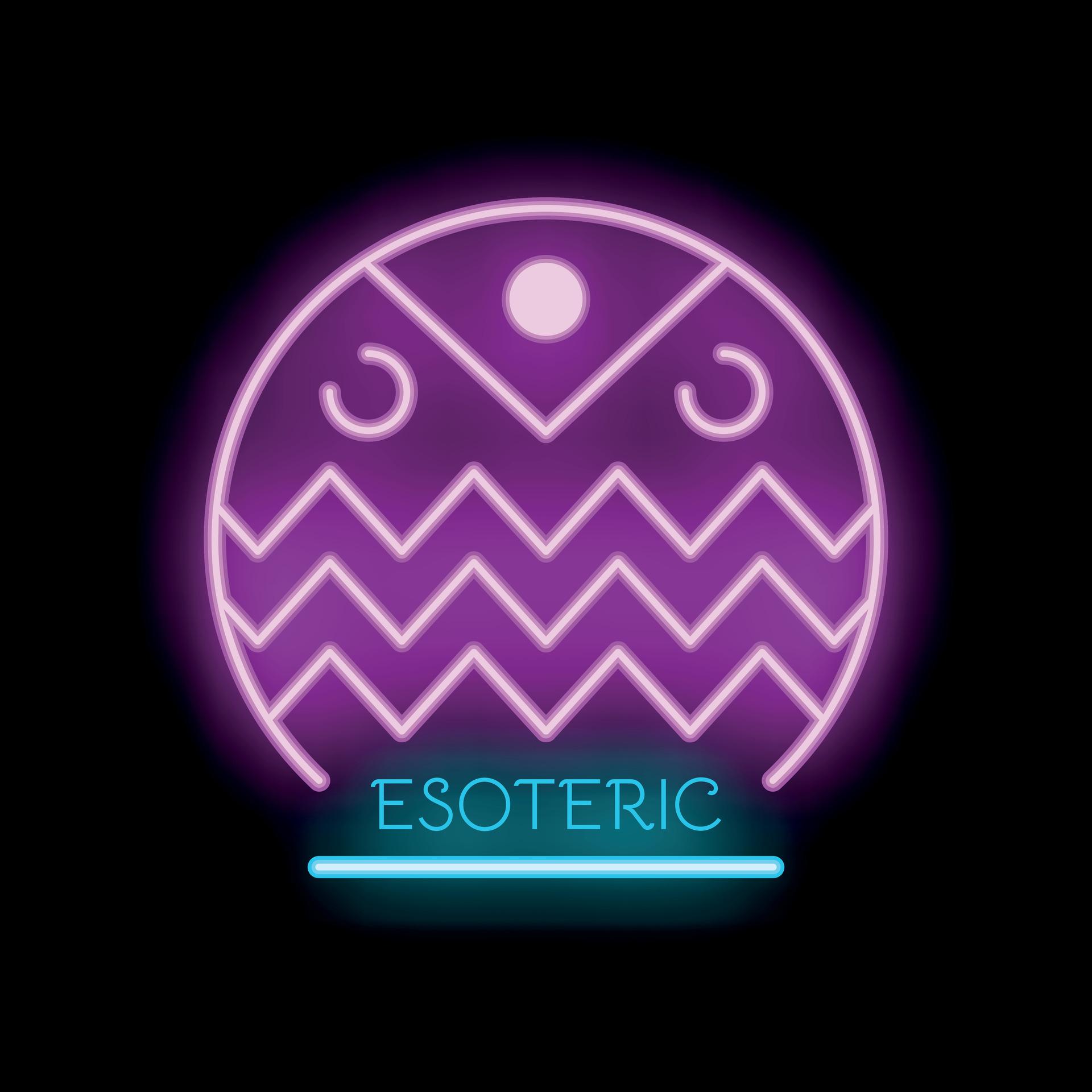Adonay

Adonay (hebräisch: אֲדֹנָי)
Religion / Theologie / Gottesname / Mystik
Definition:
Adonay ist ein hebräischer Ehrentitel für Gott, der in der jüdischen Tradition als respektvolle Umschreibung des unaussprechlichen Gottesnamens JHWH (Tetragramm) verwendet wird. Er bedeutet wörtlich „Mein Herr“ und wird besonders im Gebet, in der Liturgie und bei der Verlesung der heiligen Schriften gesprochen, wenn im Text JHWH steht.
Sprachliche Herkunft:
-
Stammt vom hebräischen Wort „Adon“ („Herr“, „Gebieter“)
-
Die Form Adonay ist eine Pluralform mit Singularbedeutung, zur Verstärkung der Ehrerbietung
-
Wird in der masoretischen Punktierung verwendet, um die Aussprache von JHWH zu vermeiden
Verwendung im Judentum:
-
Wenn beim Lesen der Torah oder beim Beten JHWH erscheint, wird stattdessen „Adonay“ gesagt
-
Ausdruck von Ehrfurcht und dem Verbot, den Gottesnamen auszusprechen (vgl. Exodus 20,7)
-
In Kombination mit anderen Gottesbezeichnungen (z. B. Adonay Elohim) betont es Gottes Herrschaft und Majestät
In der christlichen Tradition:
-
Übernommen in Übersetzungen der Bibel (z. B. als „Herr“)
-
In mystischen, esoterischen oder magischen Texten wird „Adonay“ oft als heiliger Name Gottes verwendet, etwa in der Kabbala, Hermetik oder Engelsmagie
-
Teil von Formeln, Beschwörungen und heiligen Namenstrias (z. B. Adonay, Elohim, El Shaddai)
Symbolik und Theologie:
-
Steht für Autorität, Schöpfermacht, Transzendenz, aber auch persönliche Beziehung
-
In der Mystik ist Adonay oft der sprechbare Zugang zum unsagbaren Gott
-
Symbolisiert Gottes Rolle als Herr über alles Sein
Englisch:
Adonay (Hebrew: אֲדֹנָי)
Religion / Theology / Divine Name / Mysticism
Definition:
Adonay is a reverential title for God in Hebrew, traditionally used as a spoken substitute for the Tetragrammaton YHWH, the sacred and unutterable name of God. It literally means “My Lord” and is commonly used in prayer, Scripture readings, and Jewish liturgy.
Linguistic Origin:
-
Derived from the Hebrew root “Adon” meaning “lord” or “master”
-
The form Adonay is a plural of majesty, expressing supreme reverence
-
In Masoretic texts, vowel markings from Adonay were combined with the consonants YHWH to guide proper pronunciation (without speaking YHWH)
Use in Judaism:
-
When reading the Torah and encountering YHWH, “Adonay” is said aloud instead
-
Reflects deep reverence and the prohibition against pronouncing the Divine Name (cf. Exodus 20:7)
-
Often paired with other divine titles (e.g., Adonay Elohim) to emphasize God's sovereignty and majesty
In Christian Tradition:
-
Adopted in translations (commonly rendered as “Lord”)
-
In mystical, esoteric, and magical texts, "Adonay" is used as a sacred divine name, especially in Kabbalah, Hermeticism, and angelic invocations
-
Common in divine name triads (e.g., Adonay, Elohim, El Shaddai)
Symbolism and Theology:
-
Represents divine authority, creative power, and transcendence, but also personal relationship with the divine
-
In mysticism, Adonay serves as a speakable gateway to the ineffable God
-
Emphasizes God’s role as sovereign Lord of all existence
Weiterführende Links:




